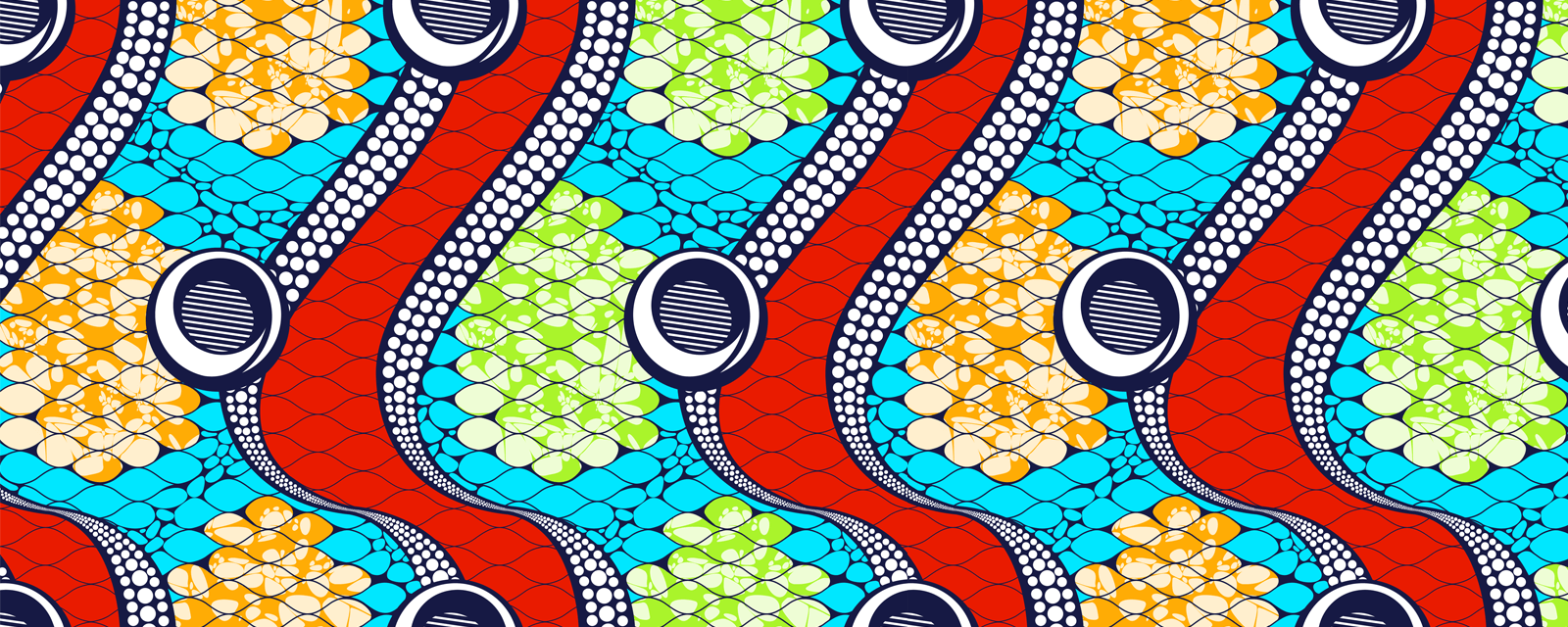Sobhuza II (1899–1982), one of the most remarkable Africans of the last century, was king of Swaziland for 61 years. Educated at the Lovedale Institution in South Africa and an early member of the African National Congress, he was at the same time a passionate traditionalist, pledged as he once put it “to extricate Africa from this idea of one man one vote”.
The kingdom he inherited was in a disastrous state, and he recognised from the start the monarchy was his best asset in combating colonial rule. He played the part with consummate skill, persuading anthropologists like Max Goodman and Hilda Kuper that the Swazis were an ancient nation with ancient customs, and dispatching two regiments, the Emasotja and the Sikonyane, to serve with British forces in World war 2, “stabbing and killing” like traditional Swazi warriors, in the Middle East, Tobruk and Anzio.
A feature of his court was his promotion of imbongi, or praise singers. Men like Ndinda Mavuso, Mutsi Dlamini, Mcoshwa Dlamini, Makhosini Dlamini, Mabutane Mdluli, and the most prolific of all, Maboya Fakudze, were all connected to the royal house, by family or as members of Sobhuza’s own Balandolozi regiment. Between them they crafted a royal lineage, each ancestral king with his praise poems, that constituted an official history, recorded for use by the Swaziland Broadcasting service and printed to be read in schools.
The following tibongo are by Mabuntane Mdluli, descended from one of the most famous of King Mswati’s warriors. They hint at how inauspiciously Sobuza II’s reign began.
Dancer on black shields of jojo (1)
You played on shields of shikane
Black bewildering widow bird
You grew plumes in winter
When other widow birds are bare.
Where you build
Stubborn black one of Hhili, (2)
Only he who perseveres survives
He who does not persevere must flee.
Claw of the lion that is heavy
You trod the ocean, (3)
The ocean surged
The ocean built its waves,
The ocean swirled in currents.
They said Sobhuza would not clasp the hand of George King of England (4)
But he clasped the hand with lightning of heaven
Twice the heavens flashed
Within the palace of the English
They praised you with wonder
“This manhood, so great, whence did it come?”
Rock-thrush of Ngwane, of Mahlokohla, (5)
You said, you inherited it from the navel,
Here, from Ndvungunye,
Here from Somhlolo.
Strength of the leopard
Strength of the lion
Eater of the fruit of the gourd of our country of Ngwane, (6)
Here at our home, Lobamba,
It encircled the palace,
You proved yourself calf of the eater of the fruit of the gourd,
Player upon black shields.
They are calling you, they are giving you a message, (7)
King of the inner circle.
They were not calling you for nothing,
They were calling you to a war of nations, stabbing and killing.
Again you entered battle,
You gave the fighting to the Sikhonyane,
The Balondolozi remained to protect the orphan, (8)
You, yourself orphan born,
Feared one, brother of Ntfoli, brother of Mnengwase, (9)
Who does not lie with one who moves in sleep,
Who until dawn disturbs the peace of rest.
Bushy tail of the bull, it is dark it is fearsome,
Bushy tail of the bull, it is dark by Banganoma’s place (10)
Royal plume,
Circling the ridge of Lancabane (11)
Devouring herds of men
Bhuza play with water,
That the waters of Ngwane
Reflect their admiration.
You of the inner circle
Male elephant of the Swazi
Old one whom age does not diminish (12)
Old one of the rountry of Ngwane!
Bayethe your Majesty.
Translated by Thoko Ginindza,
and printed in Sobhuza II: Ngwenyana & King of Swaziland
by Hilda Kuper
Footnotes
- Jojo is the male widow bird and shikane (l.2) the female. Normally, the widow bird grows its beautiful long plumage in summer, but Sobhuza (l.4) grew his in winter. Another tibongo by Makosini Dlamini, begins more explicitly: “They are full of threats / They threaten you / It is the enemies and those at home”.
- One of the names of Sobhuza’s father. When Sobhuza built his palace at Lobamba in 1925, he named it Lozithehlezi, “sitting surrounded by enemies”.
- Sobhuza sailed to England in 1922, to plead the case for Swazi independence.
- There was speculation in Swaziland about what electrical powers would be generated if Sobhuza shook hands with George V. In the event, both kings survived the handshake.
- These four lines name the ancestors from whom Sobhuza inherited his manhood (“from the navel”).
- Ngwane III, who ruled 1745–1780, is considered the first king of modern Swaziland. Ngwane V, who ruled 1895- 1899, was Sobhuza’s father.
- Responding to a request from Britain, Sobhuza dispatched two regiments to fight in north Africa and Italy, the Sikonyane (as stated here) and the Emasotja. The soldiers were addressed by the king, wearing the costume of a Swazi warrior, and were presented with “national flag” which later became the flag of independent Swaziland.
- The Balondolozi regiment, Sobhuza’s own and the one he most trusted, was not dispatched. “To protect the orphan”, is another pointed reminder of Sobhuza’s vulnerability, Sobhuza himself having been orphaned at birth.
- Members of Sobhuza’s extended family.
- Banganoma, a settlement of Swazi exiles in Zululand.
- Where Sobhuza built his palace, Lozithelezi.
- Sobhuza was 78 when this praise was performed.

